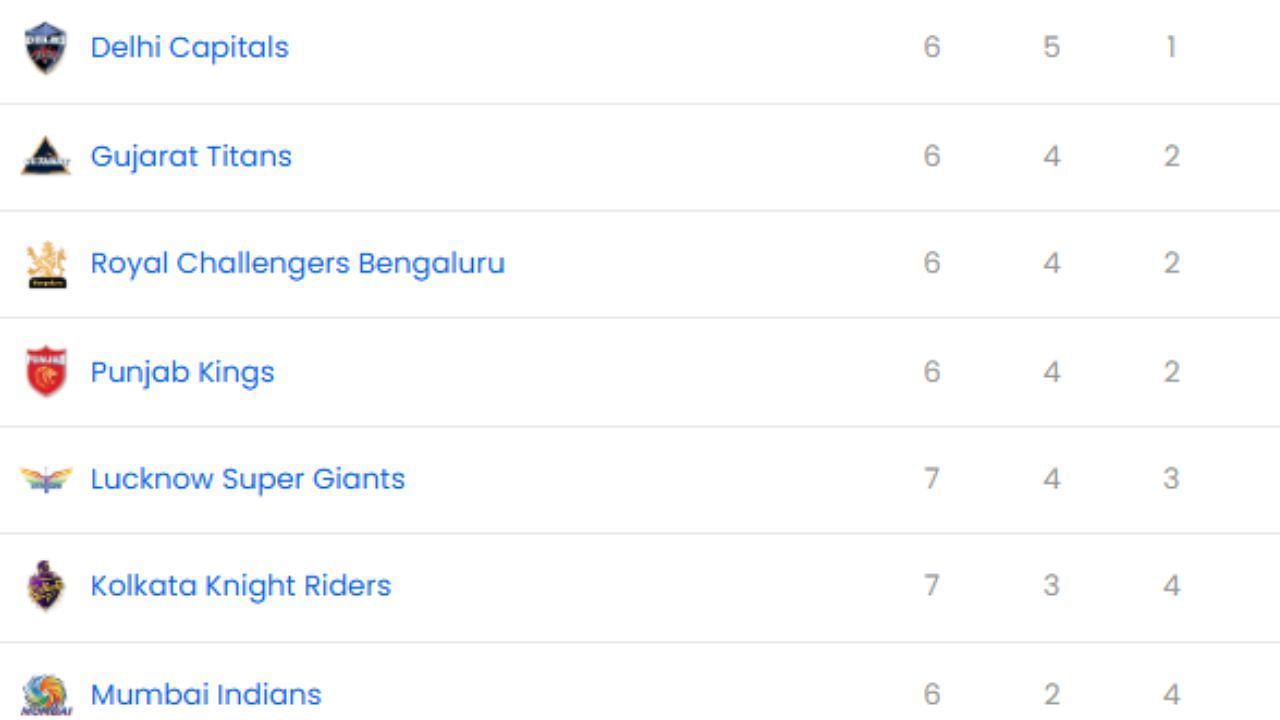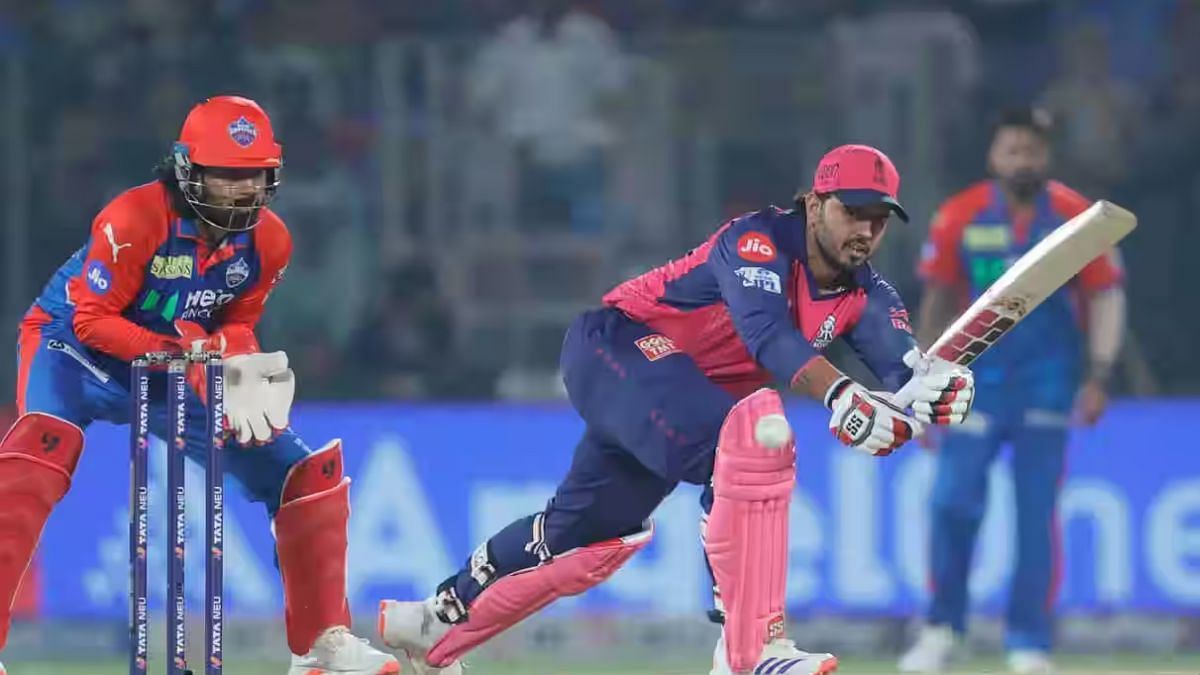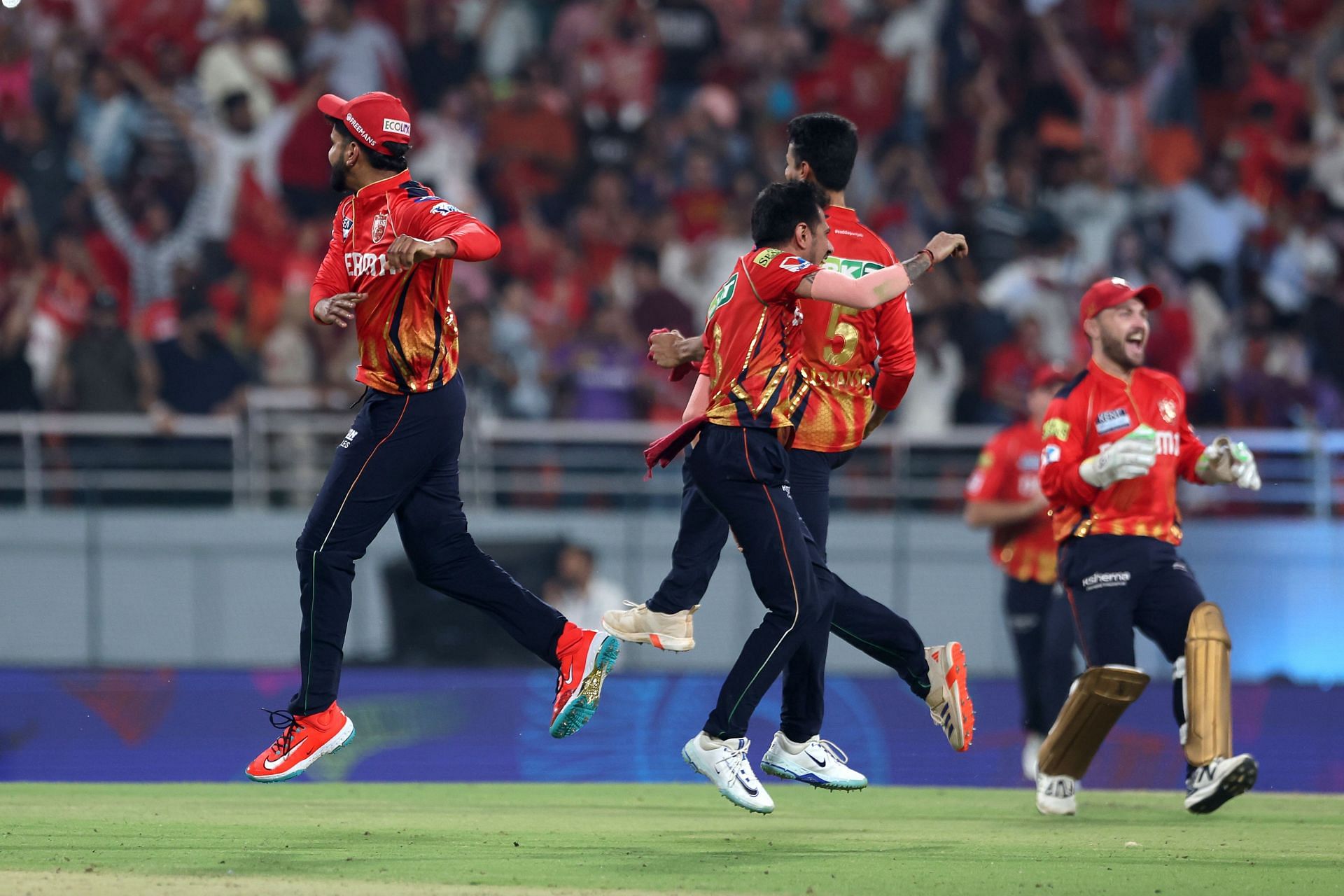Behind Kobe Bryant's Black Mamba persona: How marketing spin met basketball star's then newly embraced identity
In the early 1990s, Andre Agassi sent sales of the Canon Rebel skyrocketing when he lowered his sunglasses and uttered the words that would define a burgeoning age of sports marketing: “Image… is everything”. Nike, who had Agassi in their growing stable of sports stars, was among the brands that took note. The significance of that catchphrase would be borne out years later, with another of Nike’s stars: Kobe Bryant.
***
In 2003, a 24-year-old Bryant was accused of rape by a 19-year-old Colorado hotel employee. (The charges were ultimately dismissed and Bryant settled out of court with the woman for an undisclosed sum in a civil suit.) Even as his high-powered lawyers attempted to control the damage, Brand Kobe was suffering. Major sponsors like McDonald’s and Coca-Cola pulled their endorsement deals; jersey sales were down. Nike, by now the undisputed kings of the sports shoe market, stuck with Bryant, however, and the spin doctors went to work.
The Black Mamba — a nod to the deadliest snake in the world as well as Quentin Tarantino’s Kill Bill — was born.
Whether it was a collaborative effort with the advertising wizards of Madison Avenue or solely Bryant’s own creation when at the end of his tether, Black Mamba was a deliberate departure from the conventional marketing spin associated with basketball superstars who had preceded Kobe. Unlike ‘Magic’ Johnson or ‘Air’ Jordan, there was no soft-pedalling Bryant’s ‘Black Mamba’ image.
Nike introduced a snake-inspired logo and signature sneaker, and released a series of stunning ad campaigns that rooted for the anti-hero.
***
The campaign coincided with an unmistakable shift in Bryant’s on-court persona.
The Bryant on the court post-2003 was almost unrecognisable from the beaming young athlete of before. (Pre-2003 Kobe is often described as “wholesome".) The smile was gone, and the Mamba scowl took over. Profanities came as easily as the points did on court. The fines too came thick and fast. He didn’t hold back, and the same went for his criticism of staff, friends, teammates or foes when they didn’t meet his lofty standards. While it wasn’t that these antics were unheard of in his pre-Mamba days, it was more his unabashedness or unapologetic attitude that was new. “I always aimed to kill the opposition,” Bryant declared in his 2018 book The Mamba Mentality, about how he mentally and physically pushed for excellence.
In later interviews, Bryant shared that embracing the Black Mamba persona and image was the only way he could mentally move beyond the events of 2003. In a 2014 interview with the New Yorker, he is quoted as saying, “After the Colorado incident, I had every major sponsor drop me, except for Nike. So I’m sitting there thinking, ‘What am I going to do now?’ My vision was to build a brand and do all these things. Now everybody’s telling me I can’t do it. The [Kobe Bryant] name just evokes such a negative emotion. I said, ‘If I create this alter ego, so now when I play this is what’s coming out of your mouth, it separates the personal stuff, right?’ You’re not watching David Banner — you’re watching the Hulk.”
***
To say that Project Mamba was a success would be an understatement. Bryant was like a machine programmed to win, and he wrote his legacy even as he enriched his team, the LA Lakers’ glory. Five NBA championships, two Olympic gold medals, one of the leading scorers in NBA history, and one of the most recognisable athletes on the planet... With the Mamba mentality, the sky really was the limit.
In 2016, Kobe Bryant retired from the sport he dominated for nearly two decades with the most famous mic drop in sports: “Mamba out”. Sports doesn’t do fairytales too well, but Bryant went out blazing, leading the Lakers to a come-from-behind win with an epic 60-point performance in a high-pressure game. He walked into the sunset on a high, with a host of business possibilities ahead including major stakes in investment firms, design studios, media companies, energy drinks, men’s grooming, and his pet project — the Mamba Sports Academy. The Black Mamba’s second innings had begun.
***
In a November 2018 feature for The Washington Post, the journalist Kent Babb profiled Bryant, looking at his life beyond the court. Earlier that year, Bryant had won an Oscar for his animated short film Dear Basketball; he had a podcast for children in the works, and was working on a line of young adult stories. Babb etched Bryant as a natural storyteller, always self-editing to create the best possible narrative. Babb also looked at the other story Bryant had spun, and quite deftly — that of the ‘Black Mamba’.
As Bryant told Babb about a fictitious world called ‘Granity’ that he had created, he also spoke of the kinds of characters he would people it with — characters like his own favourites, such as Darth Vader, Severus Snape, Jaime Lannister. He told Babb that no compelling character is “entirely good or bad; that a storyteller’s duty is to draw out the full story and take every belief, emotion and motivation into account”.
A little over a year after that Washington Post profile was published, Bryant was dead, along with his 13-year-old daughter Gianna — both of them among nine killed in a helicopter crash. And Bryant’s words — about the duty of storytellers — seemed especially poignant as those paying tribute to the star struggled to paint a comprehensive picture of his legacy, one that encompassed not only his Black Mamba persona but also why it came to be.
Amid strident backlash from grieving fans, addressing the 2003 rape case could be fraught, in some instances eliciting threats of physical violence. But a few, like Charles Pierce for a column in Esquire, could do it with a sensitivity that Bryant the storyteller might have appreciated.
“Kobe Bryant died on Sunday… and how you will come to measure his life has to be judged by how deeply you believe that he corrected his grievous fault through the life he lived afterwards, and how deeply you believe that he corrected that fault, immediately and beautifully, and in midair,” Pierce wrote.
As an epitaph, it was almost — almost — as good as “Mamba out”.
from Firstpost Sports Latest News https://ift.tt/2vIW5ky




No comments